Mattel exec warns of price hikes for Barbie dolls and Hot Wheels toys under Trump's China tariffs
Prices for Barbie dolls and Hot Wheels are expected to climb as tariffs imposed on goods produced in China take effect.
Mattel Chief Financial Officer Anthony DiSilvestro issued a blunt warning over the impact tax hikes would have on the company, which manufactures 40 percent of its toys in China and roughly another 10 percent in Mexico.
President Donald Trump's 10 percent goods from China, as well as the potential 25 percent tariff on goods made in Mexico and Canada, may force Mattel to re-evaluate its price points.
'Changes in the amount, scope and nature of the tariffs in the future... could increase Mattel's product costs and other costs of doing business,' Mattel said citing results of its 2024 financial report.
'Other changes in laws or regulations in the United States and/or in other major markets, such as China, in which Mattel operates... may also increase Mattel's product costs and other costs of doing business and in each case reduce Mattel's earnings and liquidity.'
The fresh US levies on Chinese goods will affect about 20 percent of Mattel's global production, the toy company CFO said in an earnings call with analysts on Tuesday.
'Certainly against the tariff, we have a range of mitigating actions, including adjusting supply chains and price increases,' DiSilvestro said.
DiSilvestro added that Mattel officials 'always keep consumers in mind' when considering changing the prices of its goods and work with the toy-maker's retail partners to 'achieve the right balance.'
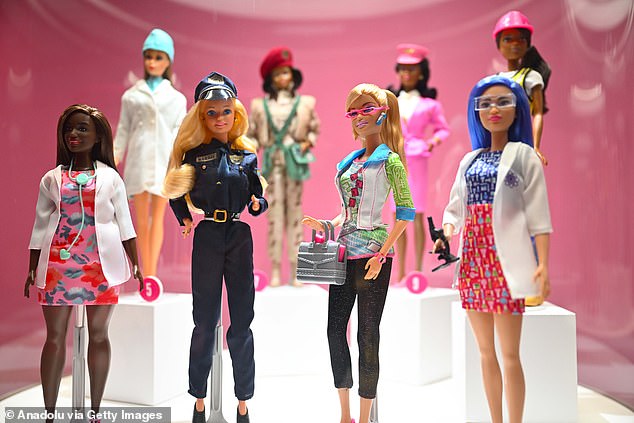
Prices may rise for Barbie dolls, Hot Wheels and other Mattel products due to the Trump administration's handling of tariffs on goods produced in China, Mexico and Canada
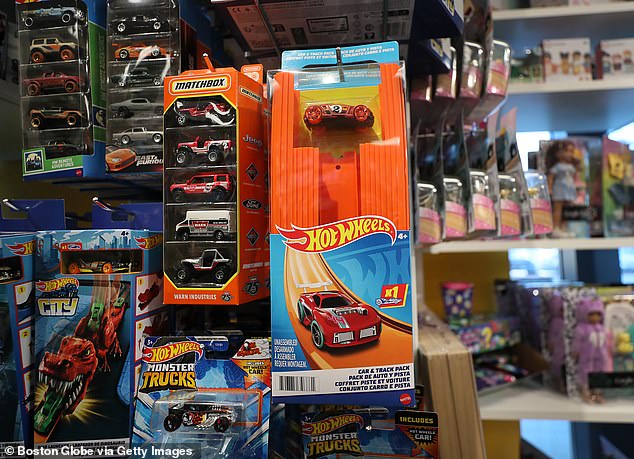
The fresh US levies on Chinese goods will affect about 20 percent of Mattel's global production, the toy company CFO said on Tuesday
'We do work closely with our retail partners to achieve the right balance and always keep consumers in mind when we consider pricing actions,' DiSilvestro added.
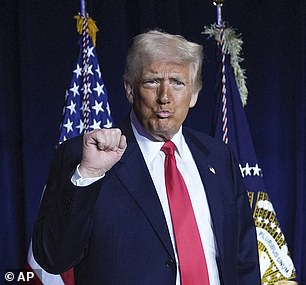
Trump, 78, imposed a 10 percent tariff increase on goods imported from China, earlier this week
'Pricing is relatively easy to implement in the toy industry because about 80 percent of the items are new in any given year,' DA Davidson analyst Linda Bolton Weiser told the New York Post. 'Kids want what they want regardless of price.'
The analyst added she expects Mattel 'will seek concessions from suppliers as well and they have a lot of power to negotiate because they are so big.'
However James Zahn, editor of Toy Insider, said: 'Any tariff is bad for the toy business.'
The toy expert claimed 'the margins are already thin and retailers are pushing toy manufacturers to eat the bulk of it.'
'At the end of the day, prices will go up - there's no way around that. And, should Mexico become a target again, that will impact Mattel directly as they've already nearshored some production to Mexico,' Zahn added.
Trump, 78, imposed a 10 percent tariff increase on goods imported from China, earlier this week, but delayed executive orders imposing 25 percent tariffs on goods produced in Mexico and Canada for 30 days.
About 80 percent of all toys are made in China. Despite this, the toy industry remains hopeful that the Trump administration will 'carve out an exemption' for toys as it did during the president's first term.
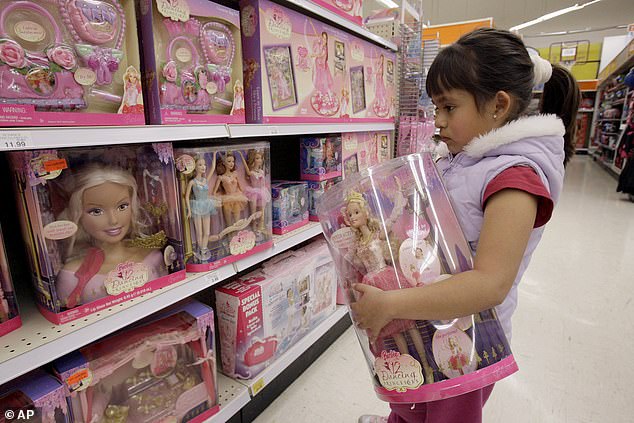
'Any tariff is bad for the toy business,' James Zahn, editor of Toy Insider said
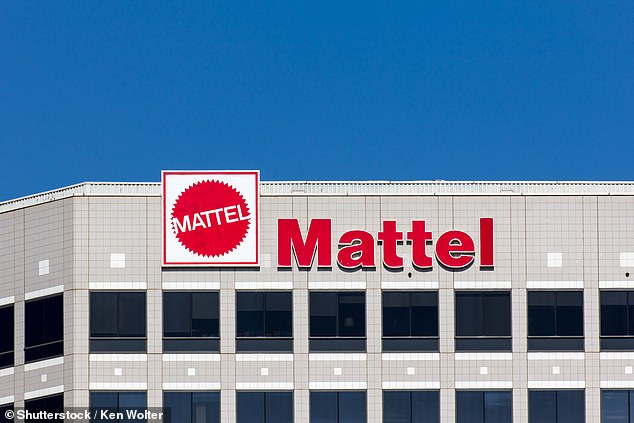
Headquartered in El Segundo, California, Mattel produces 40 percent of its products in China and less than 10 percent of its toys in Mexico, according to the company's Chief Financial Officer Anthony DiSilvestro
Meanwhile, it's not clear when or if Mattel will raise prices but it won't help boost sagging sales of Barbie.
The company's signature doll grew by leaps and bounds in recent years, fueled in part by the Barbie movie in 2023, but last year sales began to slow down.
During the crucial holiday season, Mattel's sales grew by 1 percent in the fourth quarter in the US, fueled by action figures and Hot Wheels.
Gross billings for dolls worldwide were down 8 percent, primarily due to declines in Barbie, the company said on Tuesday.

